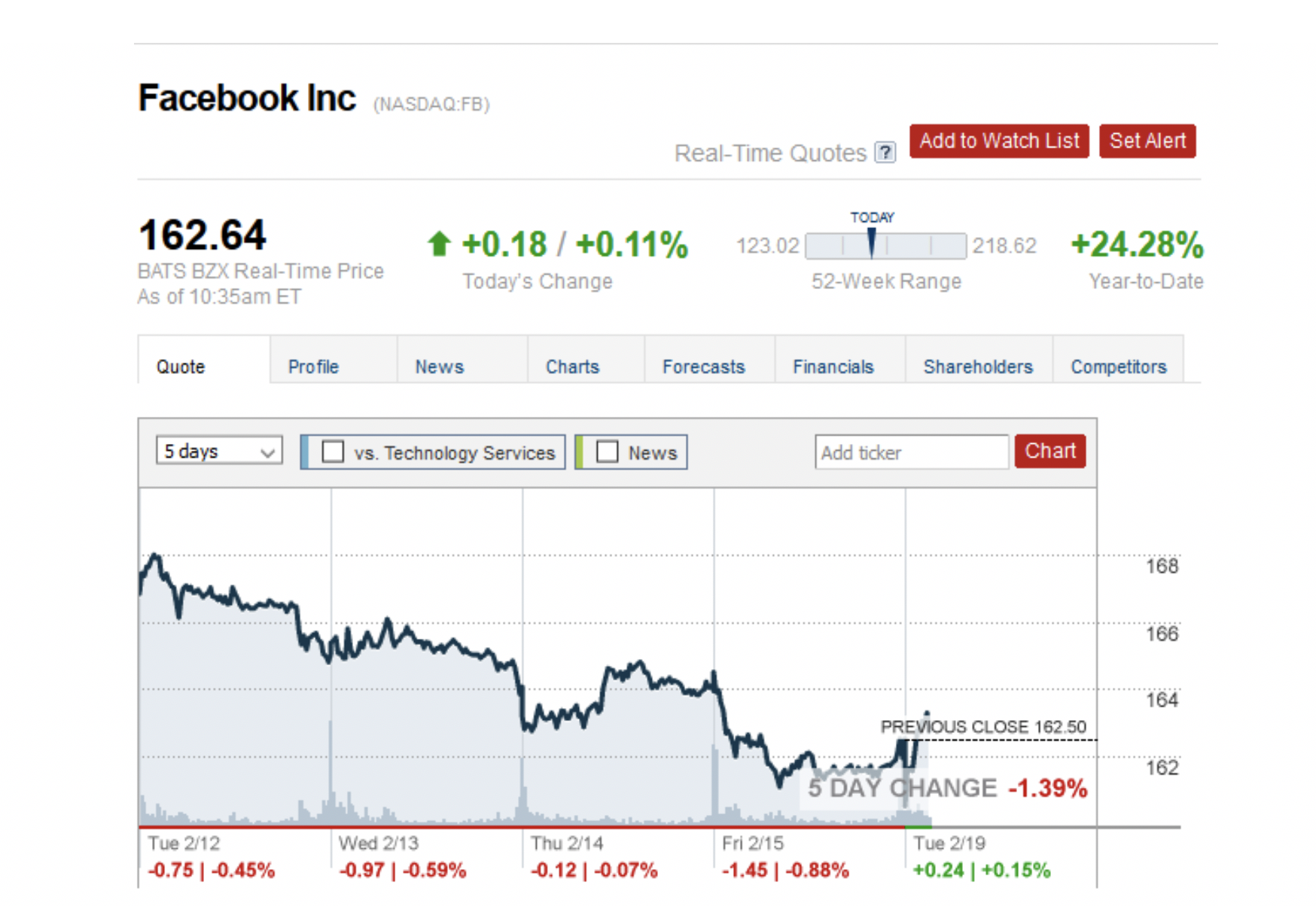Facebook Inc. (NASDAQ:FB) shares are on the mend after a disastrous 2018 that saw them lose nearly half their value in the wake of a shocking privacy violation exposé.
But just because investors have moved on does not mean that regulators and political establishments have followed suit.
A few days ago, there was a report that The Federal Trade Commission (FTC) was in talks with the company over a record multi-billion dollar fine that would settle a probe into the company’s privacy practices. And now UK Members of Parliament have slammed FB, branding the company a ‘digital gangster’ for deliberately breaking privacy and competition laws.
A House of Commons committee has chastised the company for "disinformation and ‘fake news’”, and said that its handling of private data especially its use in political campaigns are legitimate areas for inspection by regulators. In response, Facebook has praised itself for the remedial work it has already undertaken on the platform but also conceded that the politicians’ concerns were genuine and that it’s “open to meaningful regulation”.
Russian Interference
The lawmakers accused Facebook executives of deliberately misleading the House Committee regarding Russian groups that had placed political ads in other countries. Previously, Facebook’s Policy Director, Simon Milner, had told the committee that there was no evidence of such activity during the Brexit vote or the 2015 general elections. FB though did admit to being in knowledge of Russian interference in the 2016 US presidential elections with CTO Mike Schroepfer trying to mitigate the company’s permissiveness thus:
"We were slow to understand the impact of [Russian interference] at the time."
Ironically, the committee says that what gave FB away is a November 2018 article by the New York Times and convinced the MPs that either Simon Milner and Mike Schroepfer were being economical with the truth or that they had failed to receive a briefing from the company’s executives. Related: Trade Talks Dominate Market Sentiment
It’s interesting for readers to note that the lawmakers did not bring up the high-profile Cambridge Analytica scandal again, probably because the UK watchdog, Information Commissioner Office (ICO), had already imposed a £500,000 fine on FB even after finding that no UK user data had been harvested by the consultancy firm. Facebook though will have a harder time on its own turf after Washington DC AG, Karl Racine, became the first US politician to file a lawsuit on the scandal after alleging that FB allowed Cambridge to access data from 87 million users. President Trump is alleged to have used the Cambridge data to target voters during the 2016 elections.
Violating privacy laws
While FB is said to have used the Cambridge Analytica data to benefit some political groups, allegations that it sold businesses’ private data to other firms could have far more serious ramifications.
According to the House Committee, they arrived at that verdict by examining documents provided by app maker Six4Three:
"The evidence that we obtained from the Six4Three court documents indicates that Facebook was willing to override its users' privacy settings in order to transfer data to some app developers, to charge high prices in advertising to some developers, for the exchange of that data, and to starve some developers—such as Six4Three—of that data, thereby causing them to lose their business. It seems clear that Facebook was, at the very least, in violation of its Federal Trade Commission settlement."
Now, Facebook has in the past admitted to allowing more than 150 companies access to users’ personal data including private messages. FB’s defense was that that was quid pro quo that users voluntarily faced for the privilege to access features on platforms built by other companies. Fair enough. But selling business data is on a whole new level and amounts to violating intellectual property. Perhaps it’s dirty secrets like these that led to a messy split between FB and WhatsApp founders, Jan Koum and Brian Acton, who forfeited a combined $1.3B in unvested stock options due to the company’s aggressive ad-targeting practices. You never know what other lawsuits will follow after Six4Three’s.
Investors though need not worry too much about it. Markets tend to be willing to forgive ‘little indiscretions’ by companies as long as they continue delivering where it matters most--the bottom line. Facebook’s user growth has been slowing down, yet the company has been able to compensate by continuing to grow its digital advertising business at an astonishing rate. At this juncture, a lot of the bad news has already been baked into FB stock and the company can thank investors’ collective amnesia for what is shaping up to be another great year for shareholders.

(Click to enlarge)
Source: CNN Money
By Alex Kimani for Safehaven.com
















